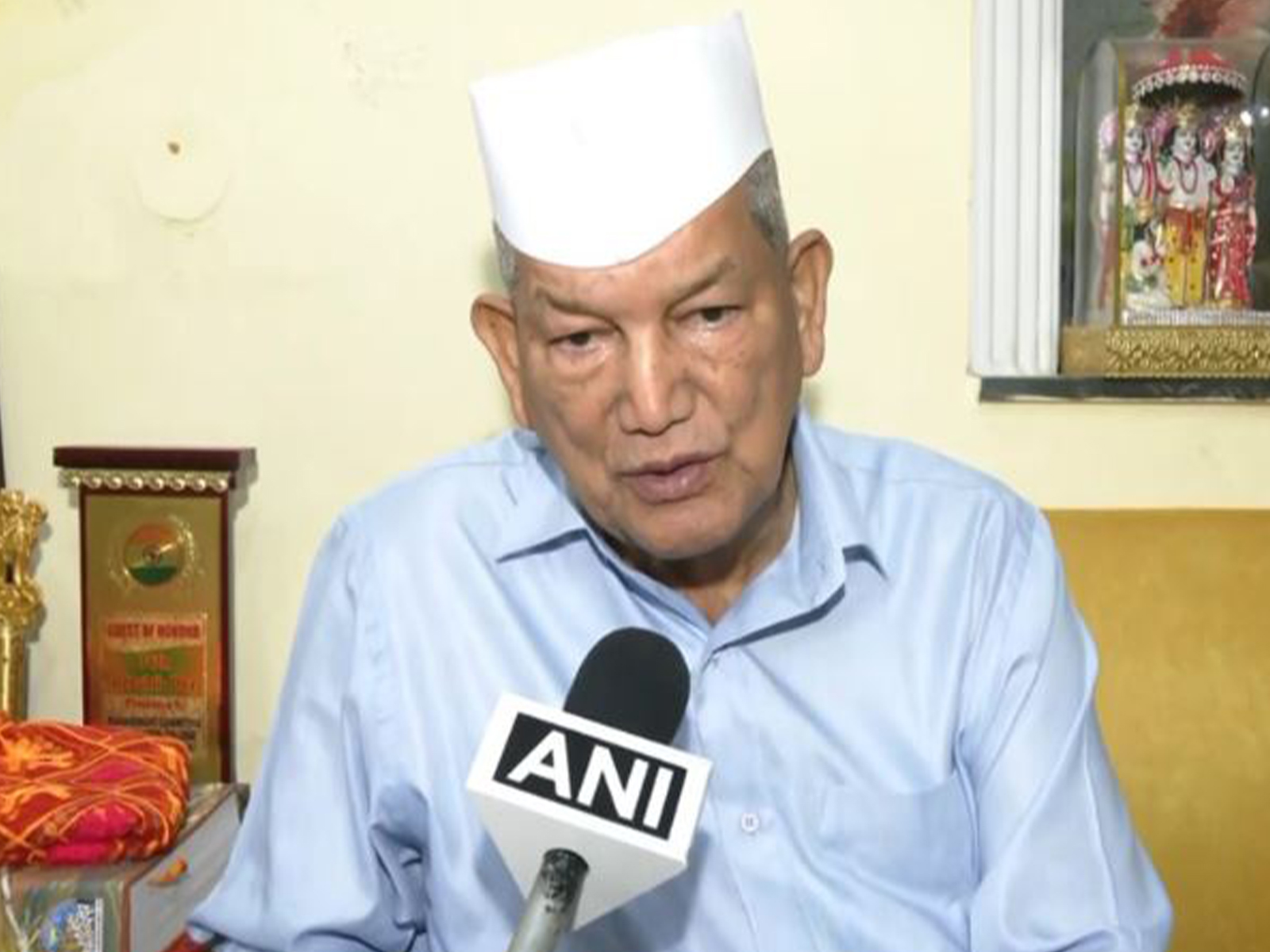Uttarakhand's New Bill Sparks Debate on Modernisation in Madrasa Education
The Uttarakhand Minority Education Bill 2025, approved by the Governor, is meant to harmonize the state's educational framework by integrating madrasas. However, former CM Harish Rawat fears it might slow down modernisation. From 2026, a unified curriculum will be enforced, standardising education across the state.

- Country:
- India
Former Uttarakhand Chief Minister and Congress leader Harish Rawat expressed concern on Wednesday over the implementation of the new Uttarakhand Minority Education Bill 2025, suggesting it could impede progress towards modernising madrasa education. Speaking to ANI, Rawat referenced initiatives begun under the leadership of Shri Narayan Datt Tiwari to integrate madrasas into the broader inclusive education framework, efforts that have been carried on by successive administrations.
Rawat noted the potential long-term impacts of this legislation remain uncertain but voiced apprehension that it may arrest the ongoing modernisation within madrasa education. He elaborated that inclusive education previously encouraged students from diverse backgrounds to attend madrasas, reducing the burden on the state while fostering multicultural understanding. He warned that isolating communities could lead to increased fanaticism, heightened tensions, and social discord.
On the other hand, current Uttarakhand Chief Minister Pushkar Singh Dhami praised the bill after receiving gubernatorial assent on Tuesday, describing it as a groundbreaking reform for the state's education system. According to the Chief Minister, this law aims to unify and modernise education across minority institutions, requiring them to align with the state's curriculum by 2026, and comply with the National Curriculum Framework and the New Education Policy. This measure will also see the dissolution of the Madrasa Board, integrating minority educational institutions into the mainstream.
(With inputs from agencies.)










